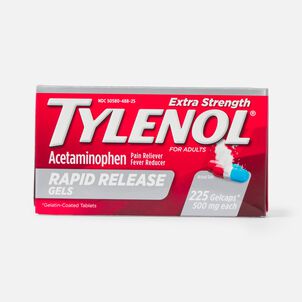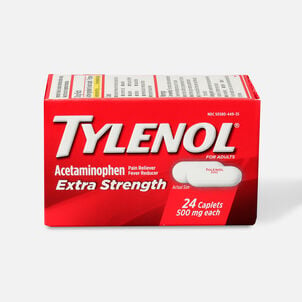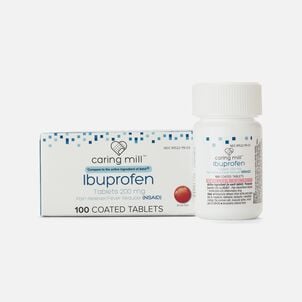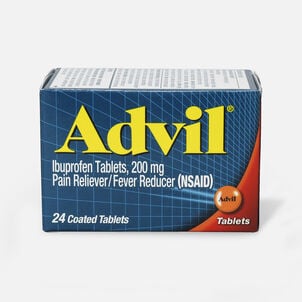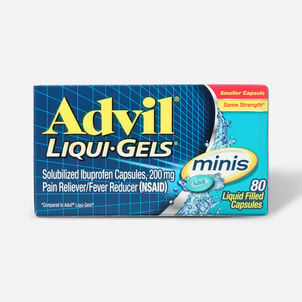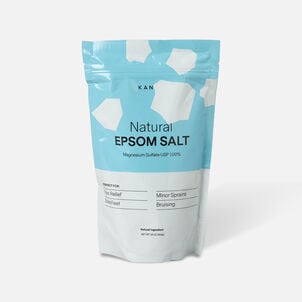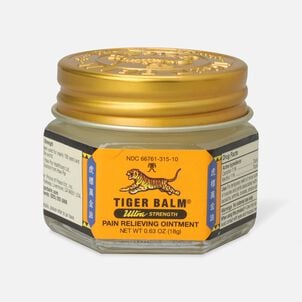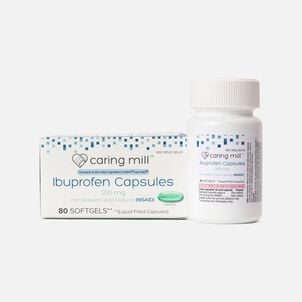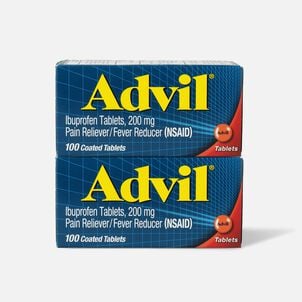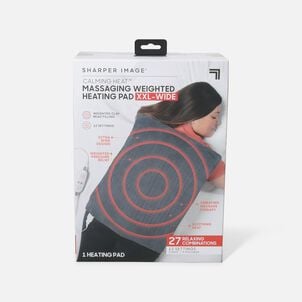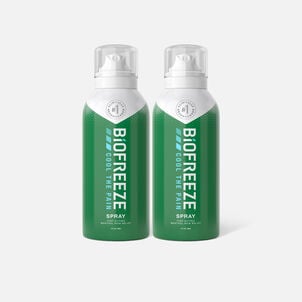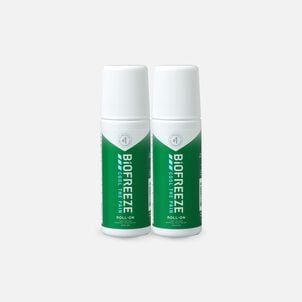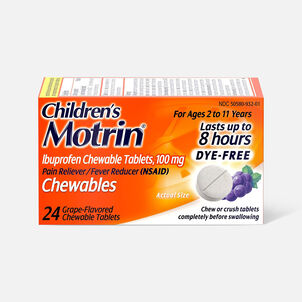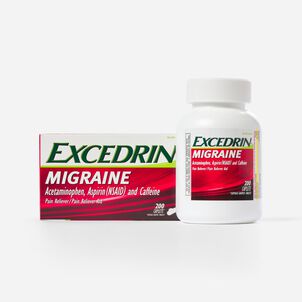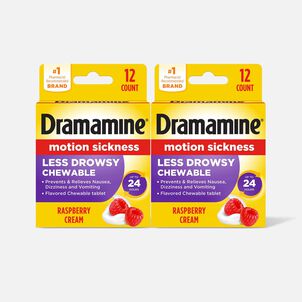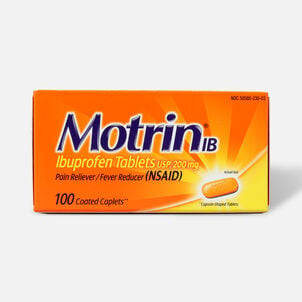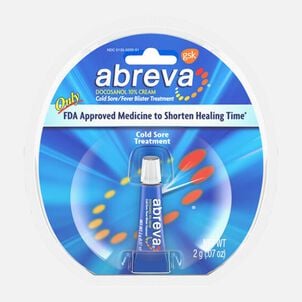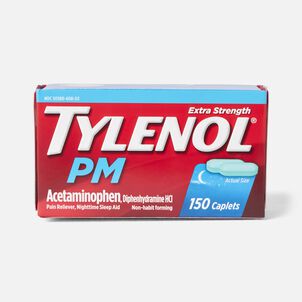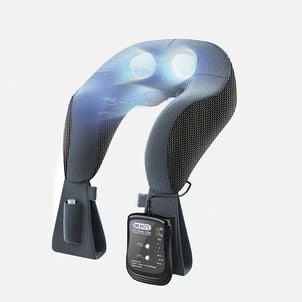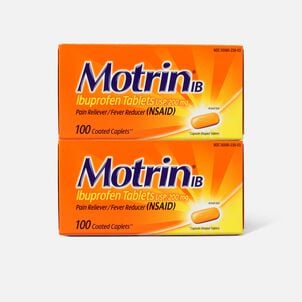The Complete HSA Eligibility List
Here it is — the most-comprehensive eligibility list available on the web. From A to Z, items and services deemed eligible for tax-free spending with your Flexible Spending Account (FSA), Health Savings Account (HSA), Health Reimbursement Arrangement (HRA) and more will be here, complete with details and requirements. Important Reminder: HSAs, FSAs, HRAs and other account types listed may not all be the same. Be sure to check with your administrator to confirm if something is eligible before making a purchase.
Here it is — the most-comprehensive eligibility list available on the web. From A to Z, items and services deemed eligible for tax-free spending with your Flexible Spending Account (FSA), Health Savings Account (HSA), Health Reimbursement Arrangement (HRA) and more will be here, complete with details and requirements. Important Reminder: FSAs, HRAs and other account types listed may not all be the same. Be sure to check with your administrator to confirm if something is eligible before making a purchase.
Cold Sore Treatment: HSA Eligibility
Cold Sore Treatment: eligible with a Health Savings Account (HSA)HSA Eligible Pain Relief
What are cold sores?
Cold sores, also known as fever blisters, are caused by two types of the herpes simplex virus: HSV-1 and HSV-2. These small, red, fluid-filled sores emerge in patches around the lips and mouth, which will eventually burst and leave open sores, then crusting over and healing after a period of time. Without treatment, cold sores will heal after 2-4 weeks, but if they persist for longer than this time period, medical attention should be sought out (Mayo Clinic).
The severity of a cold sore flare-up varies depending on whether the individual is contending with the first outbreak or a recurrence. Typically, cold sore flare-ups are more severe the first time they emerge, but will be less severe than the first outbreak and usually will affect the same area each time. These initial outbreaks can also include symptoms of fever, swollen lymph nodes, muscle aches and headaches.
Cold sores are highly contagious and are transmitted through person-to-person contact such as kissing that results in mouth sores, but both viruses can also be spread to the genitals through sexual contact. There is no cure for cold sores and they will continually re-emerge for the rest of an individual's life after contraction, but there are a variety of treatment methods available that can prove invaluable in speeding the healing process when a cold sore flare-up takes place (MedicineNet.com).
What are the best cold sore treatments?
There is no cure for the herpes simplex viruses that cause cold sores, but several types of prescription antiviral drugs can speed the recovery process. Popular antivirals to treat cold sores include Acyclovir, Valacyclovir, Famciclovir and Penciclovir, which are available in both topical creams and pills. In extreme cases of severe infections, prescription antiviral drugs could also be administered via injection. Lastly, cold sore sufferers can also consider a wide range of topical over-the-counter (OTC) medicines, which contain local anesthetics like procaine, butacaine, benzocaine and other anesthetics, which can provide a measure of pain relief as the cold sore flare-up runs its course (WebMD).
 |
| 

